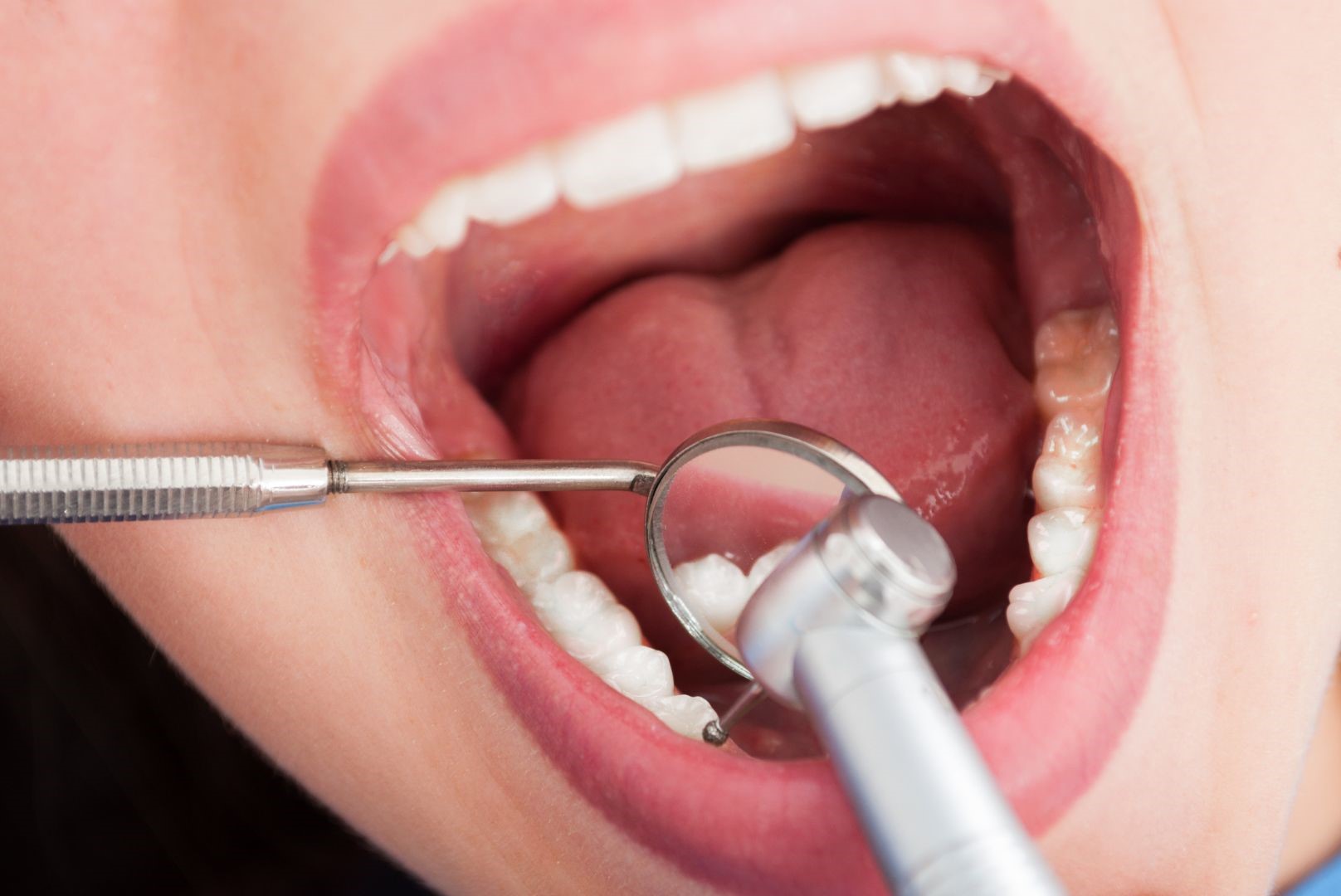Recovering From Dental Implant Surgery

Recovering from dental implant surgery requires proper care and attention to promote faster healing. While individual healing times may vary, here are some general tips to help facilitate the healing process:
- Follow Post-Operative Instructions
- Medication: Take any prescribed medications, such as antibiotics or pain relievers, as directed by your dentist or oral surgeon.
- Ice Packs: Apply ice packs to your face over the surgical area for the first 24 to 48 hours. This can help reduce swelling and discomfort.
- Rest and Limit Physical Activity: Allow yourself adequate rest following the surgery and avoid strenuous activities for a few days. Physical exertion can increase bleeding and delay the healing process.
- Soft Diet: Stick to a soft diet for the first few days after surgery to avoid putting excessive pressure on the implant site. Gradually reintroduce solid foods as advised by your dental professional.
- Oral Hygiene: Maintain good oral hygiene, but be cautious around the surgical area. Use a gentle, antimicrobial mouth rinse or warm saltwater rinses as recommended to keep the area clean and reduce the risk of infection.
It is crucial to adhere to the post-operative instructions provided by your dental professional. These instructions are tailored to your specific situation and promote optimal healing. They may include:
- Manage Swelling and Discomfort
- Apply Ice Packs: Apply ice packs to the outside of your face over the surgical area for the first 24 to 48 hours. Use the ice packs intermittently for about 20 minutes at a time, with breaks in between.
- Take Pain Medication: If prescribed or recommended by your dentist, take pain medication as directed to alleviate discomfort. Non-steroidal anti-inflammatory drugs (NSAIDs) are commonly used for pain management.
- Avoid Alcohol and Tobacco: Alcohol consumption and tobacco use can hinder the healing process and increase the risk of complications. It is advisable to refrain from these substances during the healing period.
Swelling and discomfort are common after dental implant surgery. To help manage these symptoms and promote faster healing:
- Maintain Proper Oral Hygiene
- Brushing: Gently brush your teeth, including the surgical area, with a soft-bristled toothbrush. Be careful not to brush too vigorously, especially around the implant site. Use a toothpaste recommended by your dental professional.
- Flossing: You may need to avoid flossing around the surgical area during the initial healing phase, as directed by your dentist. However, you can gently resume flossing once it is safe to do so.
- Mouth Rinse: Use an antimicrobial mouth rinse or warm saltwater rinses as recommended by your dental professional to reduce the risk of infection. Rinse gently without swishing vigorously.
Proper oral hygiene is crucial for the healing process and the long-term success of your dental implants. However, it is essential to be gentle around the surgical area to avoid disrupting the healing process. Follow these tips for oral hygiene during the healing period:
- Eat Nutritious Foods
- Soft Foods: Stick to a soft diet for the first few days after surgery to avoid putting excessive pressure on the implant site. This may include foods like yogurt, soup, mashed potatoes, smoothies, and cooked vegetables.
- Protein-Rich Foods: Protein is essential for tissue healing. Include sources of lean protein such as chicken, fish, eggs, tofu, and legumes in your diet.
- Nutrient-Dense Foods: Consume a variety of fruits and vegetables rich in vitamins A
A healthy and balanced diet can support the healing process after dental implant surgery. Adequate nutrients are necessary for tissue repair and immune function. Consider the following dietary recommendations:
If you have any questions you do not find here, please contact Adeldentalclinicturkey
